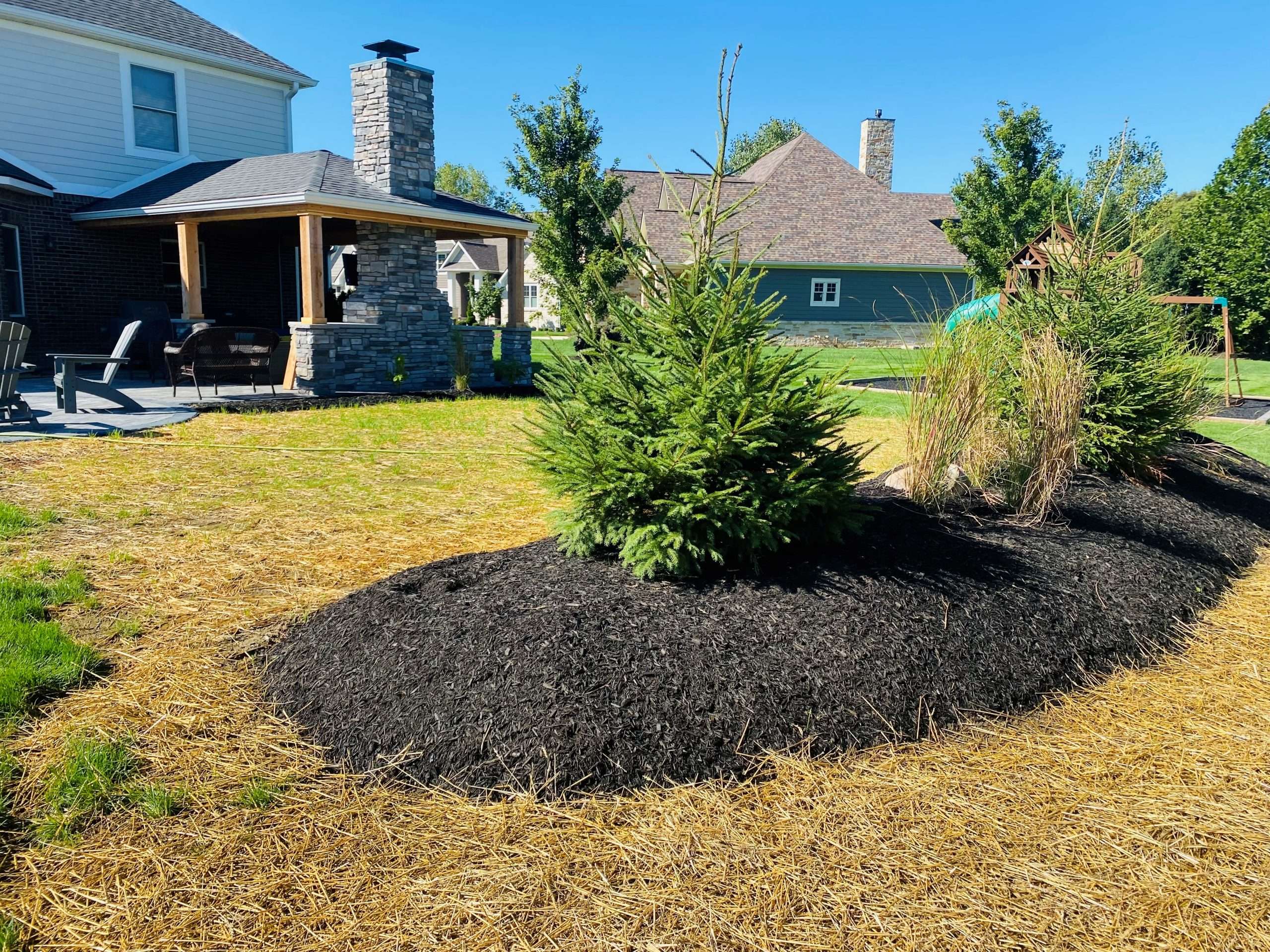
The Benefits of Fall Mulching
Caring for your lawn doesn’t stop because winter is on the way. In fact, there’s a lot of work you should do for your lawn in the fall. Adding mulch is crucial when preparing for winter and helps your garden recover from the summer heat. Here’s a look at some top benefits of fall mulching.
Control Pests and Diseases
The cold months make plants vulnerable to disease. Applying mulch protects plants from the parasites that live in the soil. Adding mulch regulates the environment and prevents bacteria and fungi from reaching your plants.
To prevent the likelihood of pathogens attacking your plants, it’s advisable to treat the plants with a citric-acid fungicide. When used with mulching, this preventative measure regulates soil and water temperature to ensure your plants are healthy. Mulch also protects your plants from slugs and snails.
Enrich the Soil
Organic matter in mulch decomposes to release nitrogen and minerals. These nutrients enrich your soil throughout the fall and promote healthier blooms in spring. Mulch also provides soil-improving microbes and earthworms, which are essential when preparing for winter.
Applying mulch to your bed nourishes your garden’s ecosystem. However, you should choose the right mulch. Some options you should consider include bark chips for trees, shredded leaves for flowers and shrubs, and straw for vegetable gardens.
Apart from enriching the soil, mulch also prevents soil erosion. Studies show that 24 billion tons of topsoil are lost in the whole world each year because of soil erosion. Mulch prevents the fertile ground from blowing away because of winter storms.
Help with Changes in Temperature
Mulch addresses issues with temperature fluctuations. For example, your soil may be baking under the sun in one week and covered in snow in the next. Mulch insulates the soil from these temperature extremes.
This is especially important for plant roots. Winter temperatures are capable of damaging the fibrous root systems in garden plants. The root hairs increase the surface area of roots, allowing a plant to absorb more nutrients.
Since the root systems are delicate and easily damaged, adding mulch insulates them from cold weather. Harsh winter conditions also affect microbes that are present in the soil. The mulch will allow the microbes to provide the necessary nutrients for your plants.
Moisture Control
Protection from temperature fluctuations goes hand in hand with moisture control. Bare soil heats up quickly because it doesn’t have the insulating layer of mulch. As a result, the soil loses moisture.
During cool evenings, mulch insulates the soil and helps retain the daytime heat. It also prevents frost from destroying your plants. Mulch also keeps the moisture from the wind and sun from drying out the soil.
In Conclusion
Fall mulching is essential for the health and visual appearance of your plants. We are renowned for our services and the quality of our products. It doesn’t matter if you’re a landscaper or just a homeowner interested in improving their landscape, we are here to help! Check out our quality mulch line up here.
Featured image courtesy of Superior Landscape Solutions.